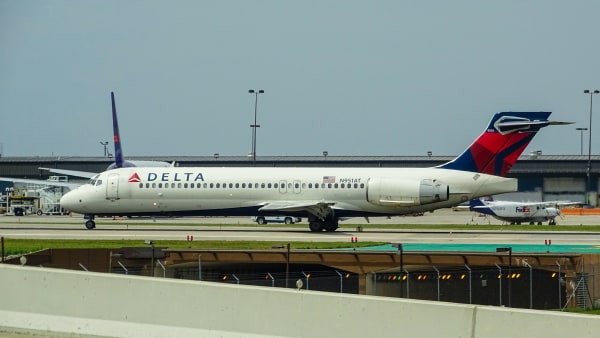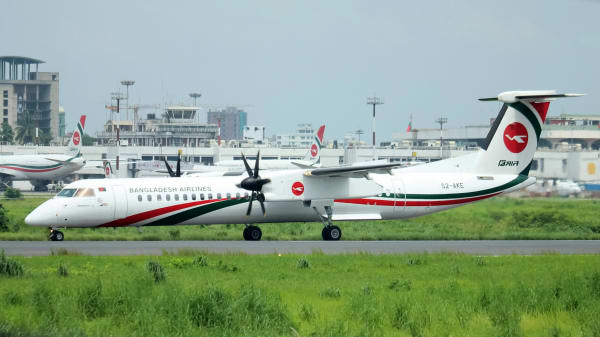How to Succeed in International Flight Operations
Working in international flight operations is both an interesting and challenging career. It provides an excellent opportunity for exploring diverse global cultures, interacting with people from different places, and experiencing a dynamic work environment. However, the complexity of the industry can be quite daunting. Given the global aspect of work, understanding the determinants of success is of paramount importance in the field of international flight operations. Here are some key factors for succeeding in this highly-demanding sector.
Understanding International Aviation Regulations
First, commanding a comprehensive understanding of global aviation regulations is paramount. The international civil aviation community follows standards and recommended practices (SARPs) outlined by the International Civil Aviation Organization (ICAO), a specialized agency of the United Nations. These guidelines cover:
- Aviation law
- Aircraft operations
- Safety management
- Air traffic services
- Aircraft accident and incident investigation
These rules are often uniform worldwide, but some countries may have additional laws and compliance requirements. Grasping these can help in effective and smooth operations, minimizing possible legal tussles and enhancing safety.
Grasping Local Cultural Sensitivities
Secondly, being culturally sensitive is vital for developing strong bonds and trust in the global aviation sector. Remember, you’ll likely interact with people across the globe having disparate social norms varying depending on the region, country, or even city. Therefore, it’s essential to understand and respect these divergent cultural sensitivities to ensure harmonious relationships with all stakeholders.
Mastery of Flight Planning Processes
Without an efficient flight plan, an aircraft operation can't take off successfully. Thus, it's important to take stock of:
- Airways and routes
- Weather forecasts
- Safety procedures
- Takeoff and landing procedures
- Technical aspects of the airplane
Mastering these elements opens the door to a seamless and efficient trip while minimizing unforeseen circumstances. One should not ignore this aspect of international flight operations.
Skill in Multiple Languages
Language is a critical tool of communication in any industry, and the aviation space is not an exception. English is the primary language used globally in aviation. However, mastering a few more languages reduces communication barriers significantly, fostering better interaction among the flight crew, ground staff, and passengers.
Keeping Updated with Latest Technological Trends
The aviation industry heavily relies on technology. From navigation and communication tools to aircraft maintenance and safety, all aspects incorporate advanced technology. Therefore, continuously updating your technological skills and understanding of state-of-the-art tools is useful in driving success in international flight operations.
High Level of Professionalism
Aviation is an industry where a minor error can translate to severe consequences. Hence, a high level of professionalism is required. This involves:
Being punctual: Ensuring your operations are running on schedule is crucial. It promotes trust, efficiency, and helps in maintaining a positive work rapport.
Putting safety first: The International Civil Aviation Organization mandates that safety should always be the priority in any aviation activity. Thus, incorporating safety measures, using safety equipment correctly, and adhering to safety regulations is critical.
Maintaining integrity: This involves being honest and transparent in your activities and operations.
Exercising responsibility: Understand your role and deliver on your tasks competently. Work constructively with a team and being able to take responsibility when things don't go as expected is important.
Engaging in Continuous Learning and Development
Lastly, because of the dynamic nature of the aviation sector, continuous learning and skill development is crucial. This can involve:
- Regularly attending trade conferences and airshows.
- Participating in training programs and obtaining certifications.
- Staying informed about changes in regulations, technology, and operational norms.
Adaptability and a willingness to learn new procedures, protocols and technology are key factors to shine in this sector.
In conclusion, becoming successful in international flight operations necessitates more than having basic navigation skills. A comprehensive understanding of global aviation regulations, cultural sensitivity, strong command of flight planning, multilingual skills, a grasp of the latest technology, a high level of professionalism, and continuous learning are the cornerstones of success in this profession.
In a world that's more connected than ever, those with expertise in international flight operations have boundless opportunities to lead, excel, and impact the global aviation industry in a significant way. With these pointers in mind, the path to success in the field of international flight operations is well within reach.




